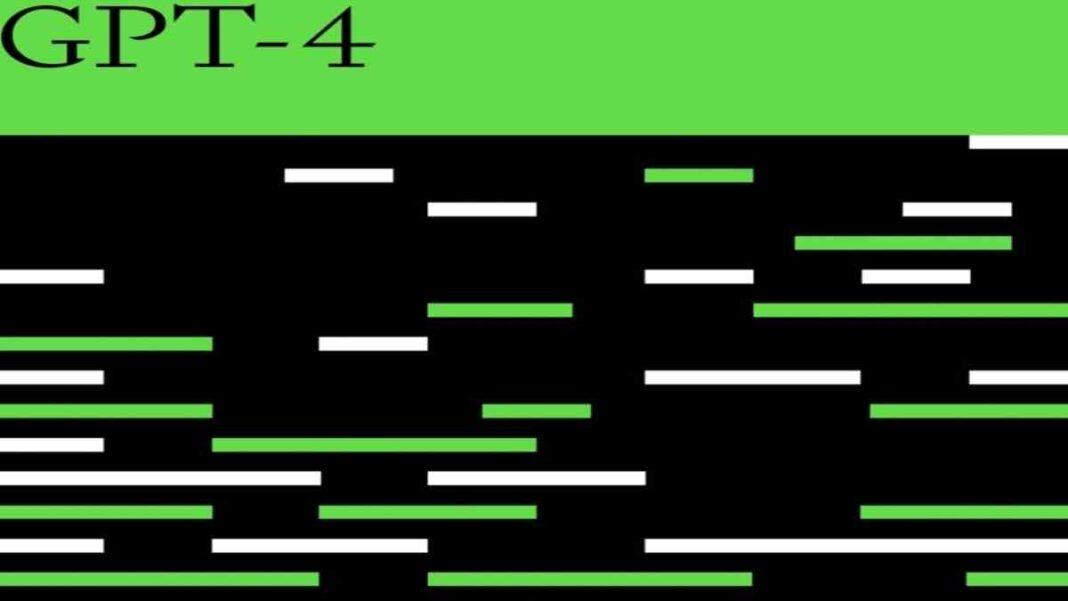UNITED STATES: OpenAI has released its latest version of artificial intelligence (AI) technology, called GPT-4. This update promises to be safer and more accurate than its predecessor, GPT-3. GPT-3 was released in late 2020 and quickly became a sensation with its capabilities based on the large language model.
The technology’s text responses were correct, but it sometimes went off track and said things that were not true or were insulting. This is called “hallucinating.”
The new GPT-4 model is said to be “more creative and collaborative than ever before” and will “solve difficult problems with greater accuracy” than its earlier versions.
Also, the model can now handle both image and text inputs, which means it can give more accurate answers. OpenAI has been working on making GPT-4 safer and more aligned to prevent any offensive content from being produced.
The company says that GPT-4 is 40% more likely to answer with facts and 82% less likely to answer with content that isn’t allowed.
GPT-4 is available to the general public through OpenAI’s paid subscription plan, ChatGPT Plus, and on an AI-powered version of Microsoft’s Bing search engine that is currently being tested.
OpenAI is backed by Microsoft, which has already integrated the technology into its products. Other companies have partnered with OpenAI for the rollout of GPT-4, including Morgan Stanley, which plans to use AI to guide its bankers and clients.
Khan Academy, a big name in online tutoring, and Stripe, a financial app, will both use GPT-4 for different things.
Even though people are excited about GPT-4, the company’s founder, Sam Altman, says that the technology still has flaws and limits. While the power of the algorithm will continue to increase, this is not a second revolution in the field of AI.
As with any AI technology, there are concerns surrounding safety and censorship. Some are worried that GPT-4 may limit speech, while others question the safety measures taken by OpenAI.
However, with advancements in AI technology come greater possibilities for problem-solving and innovation.
Also Read: Snapchat Develops Its Own Chatbot ‘My AI’ Using ChatGPT



